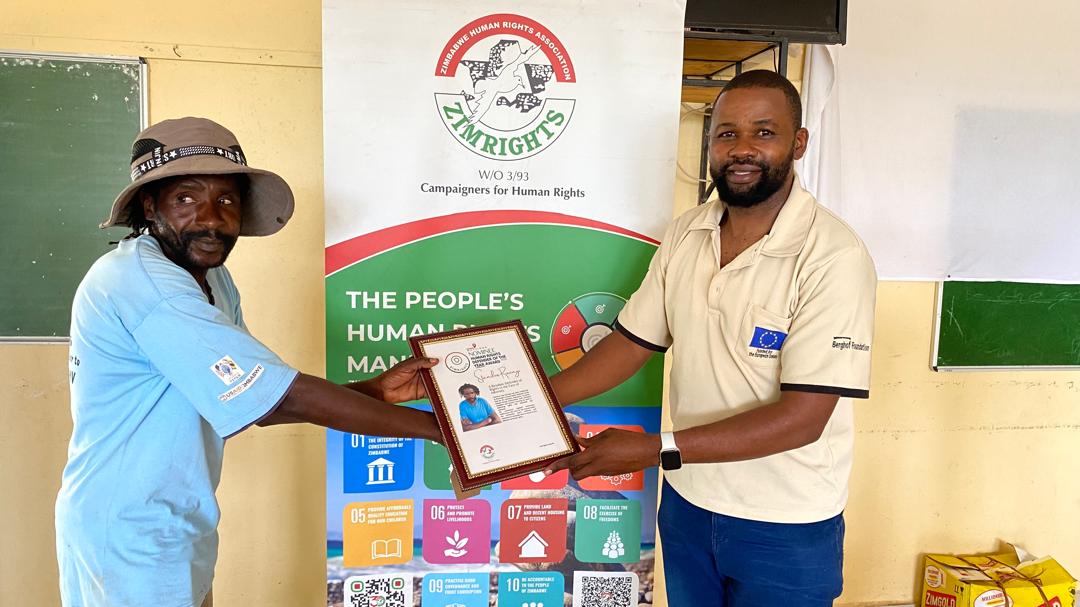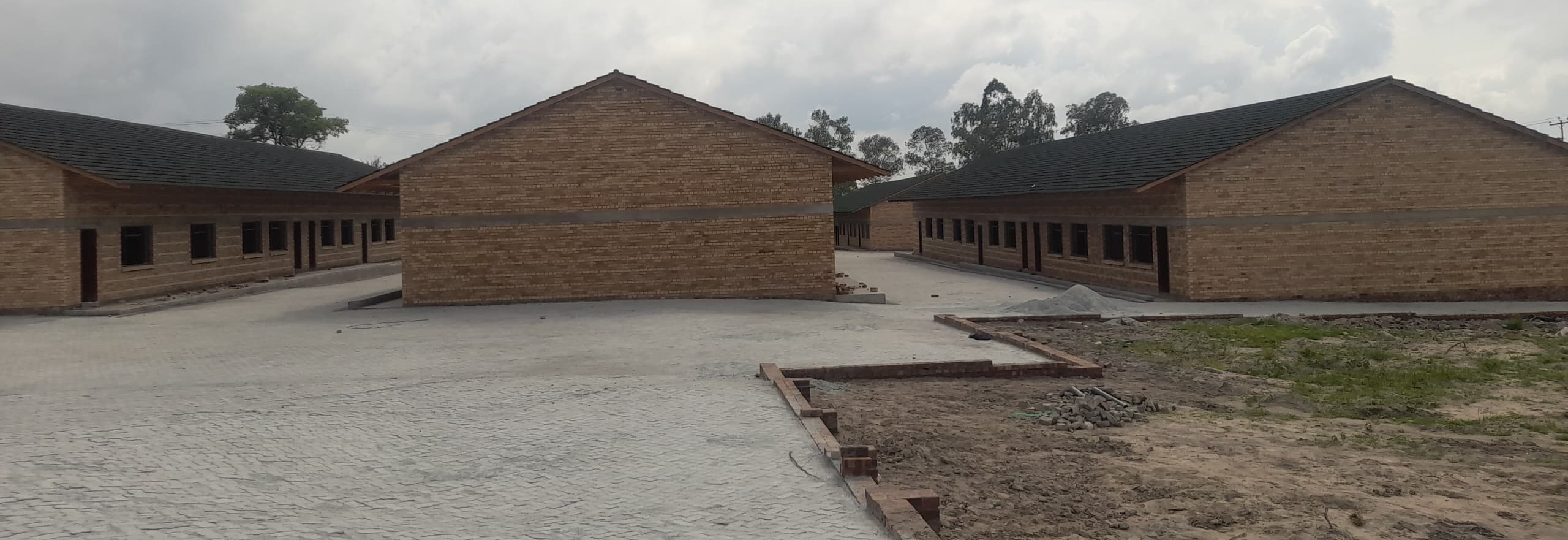Stanslous Ruvengo
Many farmers in Chivi district have received agricultural inputs provided under the Pfumvudza/Intwasa programme which is part of the Presidential Input Scheme, EnviroPress has established.
The programme involves distributing traditional grain seed like millet, sorghum and rapoko, as well as Ammonium Nitrate and Compound D fertilizers to farmers.
This year, the programme added groundnut, sunflower and traditional beans (nyemba) to the inputs being provided.
The small grains scheme was introduced in the district and other drier parts of the country in order to assist them adapt to poor harvests associated with low rainfall.
Traditional small grains are known for their resilience under situations of low rainfall as those often experienced in Chivi and other districts such as Mwenezi and Chiredzi.
The grains are sown on untilled but cleared land, a practice which minimizes chances of soil erosion, and conserves whatever little moisture in the soil. The farming method has therefore been encouraged for its apparent reduction of soil erosion caused by runoff sweeping away loose top soil.
Authorities have urged more farmers in communal areas to adopt the pfumvudza/intwasa practice on their own without necessarily expecting inputs paid for by government.
The programme is led by Agritex officials who work with selected lead farmers to guide 10 households per village. The group works together during pre-season, on-season and post-season.
To encourage hard work and best practice, the best farmer is selected at harvest time, and a field day is then conducted at the winner’s plot.
Innocent Paradza, the head of lead farmers in Ward 16 said conservation agriculture had seen communal farmers improving their harvest at lower labour costs.
One farmer who has won various awards in the production of sorghum and rapoko is Makusha Kokerai.
He said many years of trying to grow maize had yielded very little despite applying huge efforts tilling the land and buying expensive seed.
Many farmers in Chivi district have received agricultural inputs provided under the Pfumvudza/Intwasa programme which is part of the Presidential Input Scheme, EnviroPress has established.
The programme involves distributing traditional grain seed like millet, sorghum and rapoko, as well as Ammonium Nitrate and Compound D fertilizers to farmers.
This year, the programme added groundnut, sunflower and traditional beans (nyemba) to the inputs being provided.
The small grains scheme was introduced in the district and other drier parts of the country in order to assist them adapt to poor harvests associated with low rainfall.
Traditional small grains are known for their resilience under situations of low rainfall as those often experienced in Chivi and other districts such as Mwenezi and Chiredzi.
The grains are sown on untilled but cleared land, a practice which minimizes chances of soil erosion, and conserves whatever little moisture in the soil. The farming method has therefore been encouraged for its apparent reduction of soil erosion caused by runoff sweeping away loose top soil.
Authorities have urged more farmers in communal areas to adopt the pfumvudza/intwasa practice on their own without necessarily expecting inputs paid for by government.
The programme is led by Agritex officials who work with selected lead farmers to guide 10 households per village. The group works together during pre-season, on-season and post-season.
To encourage hard work and best practice, the best farmer is selected at harvest time, and a field day is then conducted at the winner’s plot.
Innocent Paradza, the head of lead farmers in Ward 16 said conservation agriculture had seen communal farmers improving their harvest at lower labour costs.
One farmer who has won various awards in the production of sorghum and rapoko is Makusha Kokerai.
He said many years of trying to grow maize had yielded very little despite applying huge efforts tilling the land and buying expensive seed.







